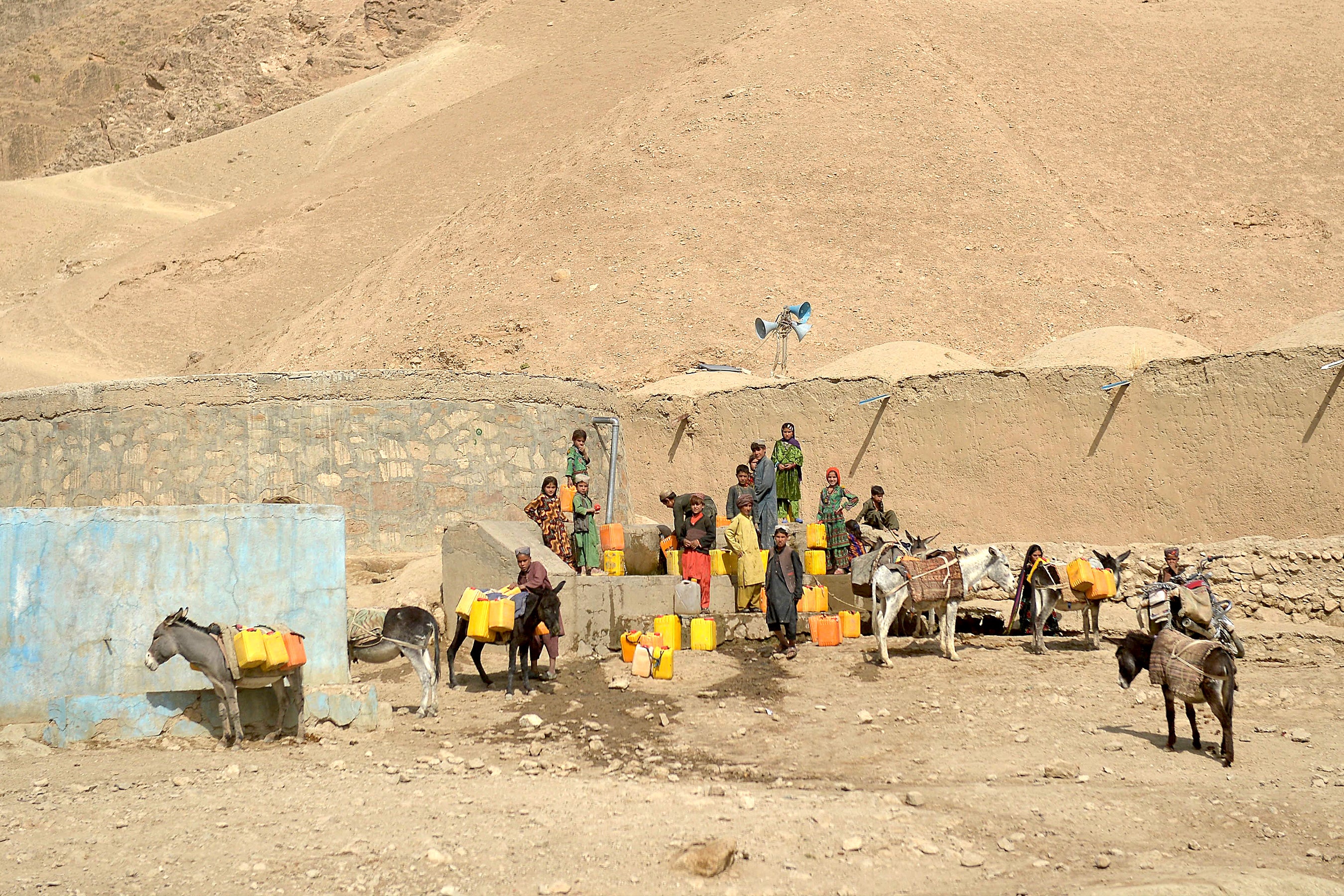
CLIMATEWIRE | A record-shattering heat wave that blistered the Pacific Northwest in 2021 carried an important lesson, scientists say. Places that historically haven’t had to deal with extreme heat may not be prepared when it strikes.
That was true across the lush, temperate regions of Oregon, Washington state and British Columbia, where air conditioning was still commonly viewed as a luxury rather than a necessity prior to the deadly heat wave. Temperatures spiked well above 100 degrees across much of the region in June 2021, hitting all-time highs in Portland, Ore., and Seattle and reaching an eye-popping 121 degrees in the tiny village of Lytton, British Columbia.
Hundreds of people died as a result.
Going forward, other parts of the world should view the Pacific Northwest heat wave as a warning, a new study says. Record-breaking heat is on the rise all over the globe. But there are many regions that may not be equipped to handle it, simply because they haven’t yet experienced that kind of danger.
“Countries tend to prepare to the level of the greatest event they have experienced within collective memory,” the study, published Tuesday in the journal Nature Communications, states.
If the most severe event a nation has experienced isn’t actually all that extreme compared to what might be coming in the future, then it likely still has work to do to prepare.
The risks are even greater for places with large or rapidly growing populations, where more people will be affected by future heat waves. In addition, developing countries may not have adequate resources or infrastructure to adapt to extreme weather and to put heat emergency plans in place.
The new study finds that some of the places at greatest risk from extreme heat include Afghanistan, Papua New Guinea and Central America — regions where record-breaking heat events are likely to occur and where local communities may not be prepared.
These are places that, in some ways, have been “lucky” so far, the paper suggests. They haven’t yet been struck by heat waves that would be considered shockingly outside the norm for their region.
But those extremes are likely coming. And “we need to ask if the heat action plans for these areas are sufficient,” said lead study author Vikki Thompson, a climate scientist at the University of Bristol in the United Kingdom, in a statement.
Thompson and the other study authors compiled a list of the highest daily temperatures in regions around the world between the years 1959 and 2021. They then used a special statistical technique that allowed them to mathematically evaluate the likelihood of each extreme compared to the rest of the historical record.
Some events were found to be “implausible” compared to the rest of the record — they were so extreme that they were statistically very unlikely to occur at all. The Pacific Northwest heat wave of 2021 is the most extreme example worldwide.
All in all, the researchers found that nearly a third of the regions they examined already had experienced exceptional heat events. These places are located all over the world — they don’t appear to be concentrated in any one particular region. That suggests the entire globe may be at risk of unprecedented heat in the future.
But many other places haven’t yet been struck by these kinds of extremes. And the authors argue these places likely are less prepared for record-shattering heat.
Some vulnerable areas include developed nations such as Germany, Belgium, the Netherlands and Australia. But they also occur in more remote regions, with less infrastructure or higher populations, including parts of China and far eastern Russia.
The research takes a slightly different tack than many other studies of extreme heat, which focus on the places where record-breaking events already are happening. The places that have yet to experience these kinds of extremes may be the places in need of the greatest attention, the study suggests.
Otherwise, they may be caught unprepared when extreme heat strikes.
The Pacific Northwest is just one example of a region that learned from experience. Cities such as Seattle and Portland have mobilized since 2021 to better coordinate emergency plans for extreme heat events. King County in Washington state, for instance, announced its first ever Extreme Heat Mitigation Strategy just last year.
Reprinted from E&E News with permission from POLITICO, LLC. Copyright 2023. E&E News provides essential news for energy and environment professionals.


























































